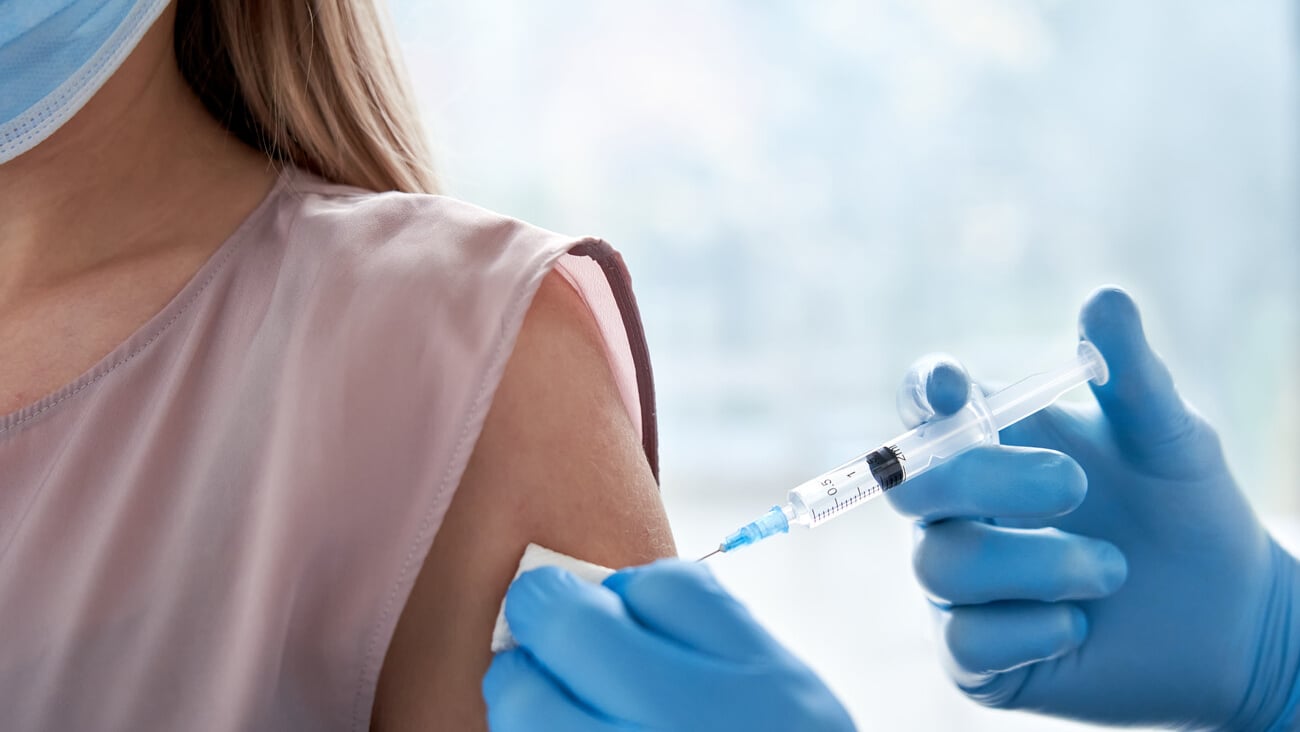Healing the healthcare system
With COVID hospitalizations on the rise again, it’s important to recognize the critical role America’s pharmacists played to battle the greatest threat to public health in our nation’s history. That battle continues to this day and requires a commitment to ensuring pharmacists are empowered to keep us healthy and even help heal the healthcare system.
With the declaration of a Public Health Emergency and authority granted under the Public Readiness and Emergency Preparedness Act, restrictive pharmacy practice policies were suspended and universal access to pharmacist-provided COVID-19 vaccinations, tests, and treatments was authorized.
Pharmacists mobilized, administering more than 300 million COVID-19 vaccinations—more than half of all COVID-19 vaccinations in the country. And the more than 350 million pharmacist-provided clinical interventions during the pandemic to more than 150 million people is estimated to have spared 8 million hospitalizations, and 1 million deaths—all while saving roughly $450 billion in health care costs.
The success of pharmacists during the pandemic comes as no surprise. Pharmacists are uniquely trained and equipped to provide important medication information to patients, their caregivers. In fact, physicians often consult pharmacists for advice when prescribing drugs for patients already taking multiple medications to avoid potentially dangerous drug interactions.
A pharmacist’s education includes training about diseases, assessing the health status of patients, providing education and helping patients manage diseases. Everyone who pursues a career as a pharmacist must complete at least six years of education that includes a doctoral program that confers a Doctor of Pharmacy degree (PharmD), and then must pass a national licensure exam before earning a state pharmacist license. And before each license renewal, pharmacists are required to complete continuing education classes to keep their skills and knowledge up to date.
As the Joint Commission of Pharmacy Practitioners notes, “the foundation for the pharmacist’s patient care process is embedded within the pharmaceutical care model...as a framework for delivering patient care in any practice setting.” This care model trains pharmacists in a patient-centric approach to optimize patient health and medication outcomes by using principles of evidence-based practice.
Considering nearly half of counties across the country are already facing shortages of primary care providers (with just one doctor for every 1,500 people); and with the Association of American Medical Colleges predicting a shortage of up to 124,000 physicians by 2034, it only makes sense to empower pharmacists to provide patient care to the full extent of their training and licensing. Fortunately, some states have modified state regulations to allow pharmacists and pharmacy technicians to continue providing services authorized under the public health emergency.
Several states do permit pharmacists to prescribe oral contraceptives and pre- and post-exposure prophylaxis for HIV, opioid antagonists, smoking cessation products, immunizations and medications for influenza and strep throat. For example, under a new law enacted earlier this year, Virginia pharmacists are authorized “to initiate treatment with, dispense, or administer controlled substances or devices for the initiation of treatment” of strep, flu, COVID-19 infection and urinary tract infection. Last year, Kentucky became the first state to enable pharmacist-led, at-home colon cancer screening tests.
As a matter of basic public health policy, why would we not maximize the care delivery potential of our healthcare system by empowering pharmacists to assume their rightful role as accessible providers of care within the full scope of their training?
Hopefully more states and the federal government will build upon the national momentum to broaden and make permanent pharmacists’ role as providers of basic clinical services; failing to do so is simply a prescription to hinder our healthcare system and patient outcomes.
Lucinda Maine, Ph.D., R.Ph., is the CEO Emerita, American Association of Colleges of Pharmacy; Kyu Rhee, M.D., M.P.P. is the former Chief Medical Officer at CVS Health; and David Pope, PharmD, is Chief Pharmacy Officer at XiFin.




